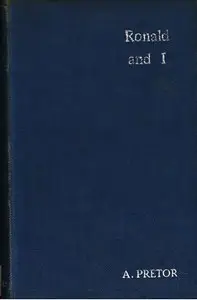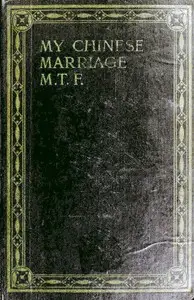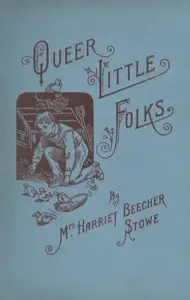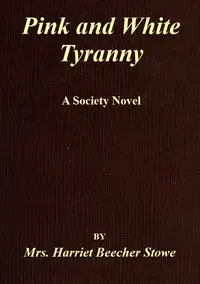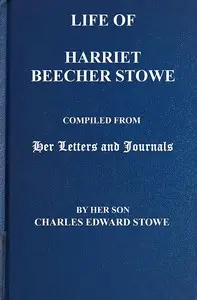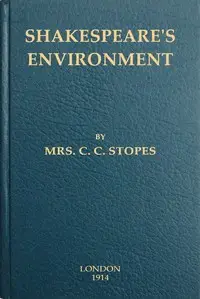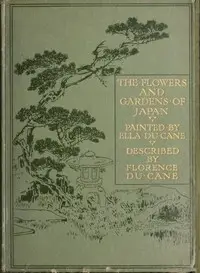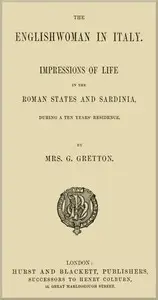"My Wife and I: Or, Harry Henderson's History" by Harriet Beecher Stowe is a story about Harry Henderson, a thoughtful young man from New Hampshire whose journey shows us the ups and downs of love, marriage, and growing up. The novel looks at how innocent childhood friendships can change, how we dream about love, and how relationships grow over time, all while the world around us is also changing. We meet Harry as a boy who feels alone in his family and finds comfort in his friendship with Susie. She becomes his "child-wife" in his mind, and their early years are filled with happy times and adventures. But their sweet and innocent friendship takes a sad turn when Susie dies young, changing how Harry sees love and relationships forever and setting Harry's journey into adulthood.
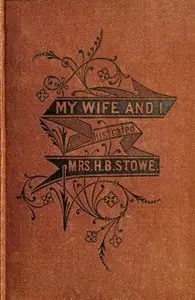
My Wife and I; Or, Harry Henderson's History
By Harriet Beecher Stowe
A young man's idyllic childhood romance is tragically cut short, sending him on a lifelong quest to understand love and connection.
Summary
About the AuthorHarriet Elisabeth Beecher Stowe was an American author and abolitionist. She came from the religious Beecher family and wrote the popular novel Uncle Tom's Cabin (1852), which depicts the harsh conditions experienced by enslaved African Americans. The book reached an audience of millions as a novel and play, and became influential in the United States and in Great Britain, energizing anti-slavery forces in the American North, while provoking widespread anger in the South. Stowe wrote 30 books, including novels, three travel memoirs, and collections of articles and letters. She was influential both for her writings as well as for her public stances and debates on social issues of the day.
Harriet Elisabeth Beecher Stowe was an American author and abolitionist. She came from the religious Beecher family and wrote the popular novel Uncle Tom's Cabin (1852), which depicts the harsh conditions experienced by enslaved African Americans. The book reached an audience of millions as a novel and play, and became influential in the United States and in Great Britain, energizing anti-slavery forces in the American North, while provoking widespread anger in the South. Stowe wrote 30 books, including novels, three travel memoirs, and collections of articles and letters. She was influential both for her writings as well as for her public stances and debates on social issues of the day.

![Love and Freindship [sic] by Jane Austen](https://cdn.a2-host.cloud/4b_NTPONa0CloH_1LlwwVH-JTm2OjQTPunnkg4ncj-I/rs:fill:215:325:0/g:ce/aHR0cHM6Ly9zcC1hc3NldHMuczMudXMtd2VzdC0wMDQuYmFja2JsYXplYjIuY29tL2Jvb2svMTIxMi9Mb3ZlX2FuZF9GcmVpbmRzaGlwX3NpY19jb3Zlci5qcGc.webp)



